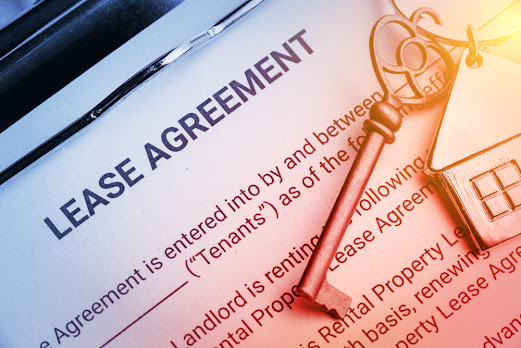How to Make Money in Real Estate Without Owning a Property in 2023
How to Make Money in Real Estate Without Owning a Property in 2023
Introduction
The world of real estate investing is constantly evolving, and opportunities to profit from the real estate market go beyond traditional property ownership. In 2023, aspiring investors can explore alternative avenues that allow them to participate in real estate's potential wealth-building benefits without the burden of property ownership. Let's explore some strategies that can help you make money in real estate without owning a property.
Investing in Real Estate Investment Trusts (REITs)
REITs offer a convenient way to invest in real estate without directly owning properties. These investment vehicles pool funds from multiple investors to acquire and manage income-generating properties such as commercial buildings, apartment complexes, and shopping centers. By investing in REITs, individuals can benefit from potential rental income, property appreciation, and diversification.
Real Estate Crowdfunding Platforms
Real estate crowdfunding has gained popularity in recent years, providing opportunities for investors to contribute smaller amounts of capital towards real estate projects. Crowdfunding platforms connect investors with developers or sponsors seeking funding for their real estate ventures. Through careful evaluation and selection, investors can participate in various projects such as residential developments, commercial properties, or even real estate loans.
Becoming a Real Estate Wholesaler
Real estate wholesaling involves finding off-market properties and assigning the purchase contracts to other investors for a fee. As a wholesaler, you act as an intermediary, identifying attractive deals and negotiating favorable terms with sellers. By effectively marketing these properties to investors, you can earn assignment fees without assuming ownership or the responsibilities associated with property management.
Exploring Real Estate Notes and Mortgage Investing
Investing in real estate notes and mortgages provides an opportunity to earn passive income by becoming the lender instead of the property owner. Investors can purchase performing or non-performing notes secured by real estate, essentially stepping into the shoes of the original lender. Proper due diligence and risk analysis are crucial when investing in real estate notes, as they involve assessing the borrower's creditworthiness, collateral value, and payment history.
Leveraging Airbnb and Short-Term Rentals
The rise of the sharing economy has created a significant opportunity for individuals to profit from short-term rentals. Platforms like Airbnb allow property owners to rent out their homes, apartments, or spare rooms to travelers seeking accommodation. By carefully selecting the right property, optimizing listing presentation, and providing exceptional guest experiences, investors can generate substantial rental income from short-term rentals.
Conclusion
In the dynamic landscape of real estate investing, there are alternative paths to profitability that don't require property ownership. Investing in REITs, participating in real estate crowdfunding, becoming a real estate wholesaler, exploring real estate notes and mortgages, or leveraging short-term rentals are viable strategies to make money in real estate in 2023. As the market continues to evolve, embracing these alternative approaches can offer individuals diverse avenues for wealth creation and financial growth. Stay informed, conduct thorough research, and seize the opportunities that align with your investment goals to thrive in the ever-changing world of real estate investing.




Comments
Post a Comment